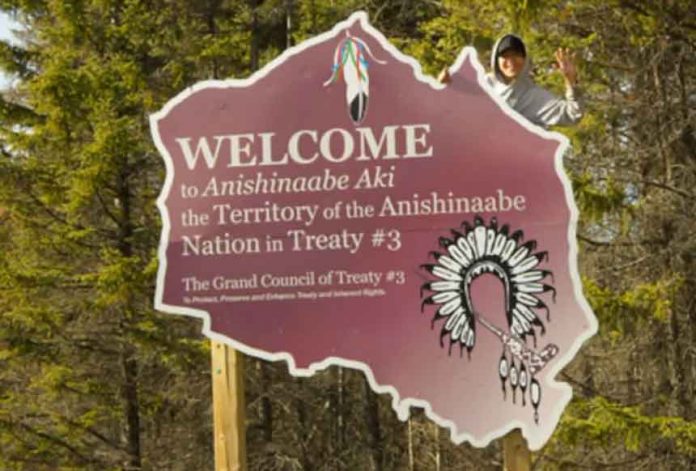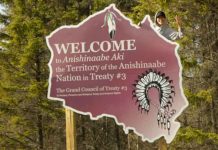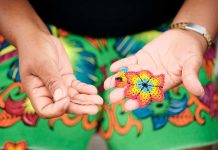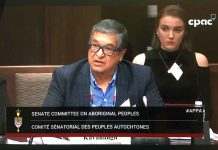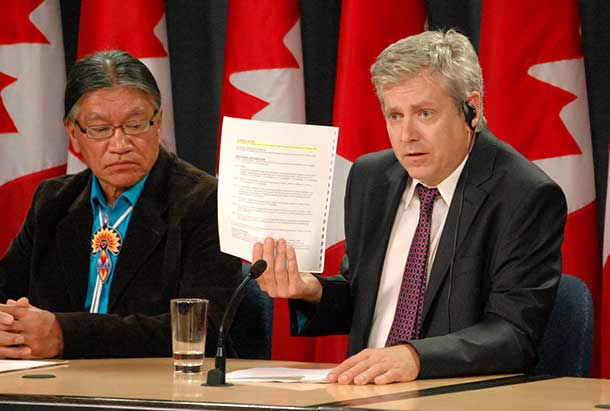Historic Supreme Court Ruling Backs Indigenous Child Welfare Legislation
The leadership of Grand Council Treaty #3, under Ogichidaa Francis Kavanaugh, has warmly welcomed a landmark decision by the Supreme Court of Canada. On February 9, 2024, the Court unanimously upheld the constitutionality of the An Act respecting First Nations, Inuit, and Métis children, youth, and families (Bill C-92), marking a significant victory for Indigenous sovereignty and self-determination in child welfare.
Ogichidaa Francis Kavanaugh and other Treaty #3 leaders, who achieved intervenor status in the case, have expressed their gratitude towards the legal support provided by JFK Law LLP and commended the unwavering commitment of the Social Chiefs. These leaders have been instrumental in advocating for the rights of the Anishinaabe Nation within Treaty #3 territory.
A Step Towards Harmonizing Laws
Ogichidaa Kavanaugh highlighted the decision’s importance in aligning the laws of the Nation with those of Canada, emphasizing the benefit to children and families from integrating Indigenous laws and traditions into the federal framework. Although the ruling does not directly affirm the Nation’s inherent law-making powers under Canada’s Constitution, it acknowledges the federal government’s authority to incorporate Indigenous laws into its legal system. Kavanaugh sees this as a crucial step towards creating a governance model that respects and harmonizes with Indigenous traditions, avoiding jurisdictional conflicts that hinder community progress.
Building on Anishinaabe Legal Traditions
In 2005, the Anishinaabe Nation at the Treaty #3 Fall Assembly endorsed Abinoojii Inakonigewin, a written child welfare law, at Big Grassy First Nation. This initiative set the foundation for Treaty #3 communities to develop their laws, with the support of processes, protocols, and ceremonies aimed at implementing these community-specific codes effectively.
The Supreme Court’s decision paves the way for more Treaty #3 communities to finalize their laws, enhancing the welfare of Indigenous children and families. Wabaseemoong Independent Nations led by example, becoming the first community to enact its law following the adoption of Abinoojii Inakonigewin. Now, with the clarity provided by the Supreme Court, additional communities are empowered to advance their legislative frameworks under the guidance of Bill C-92.
Looking Ahead: Continued Dialogue and Development
Following the pivotal ruling, Treaty #3 leadership has engaged in strategic discussions to outline future steps and capitalize on the momentum. These talks will continue, with a focus on furthering the application of Abinoojii Inakonigewin, at an upcoming session dedicated to Indigenous child welfare law on February 21-22, 2024.

